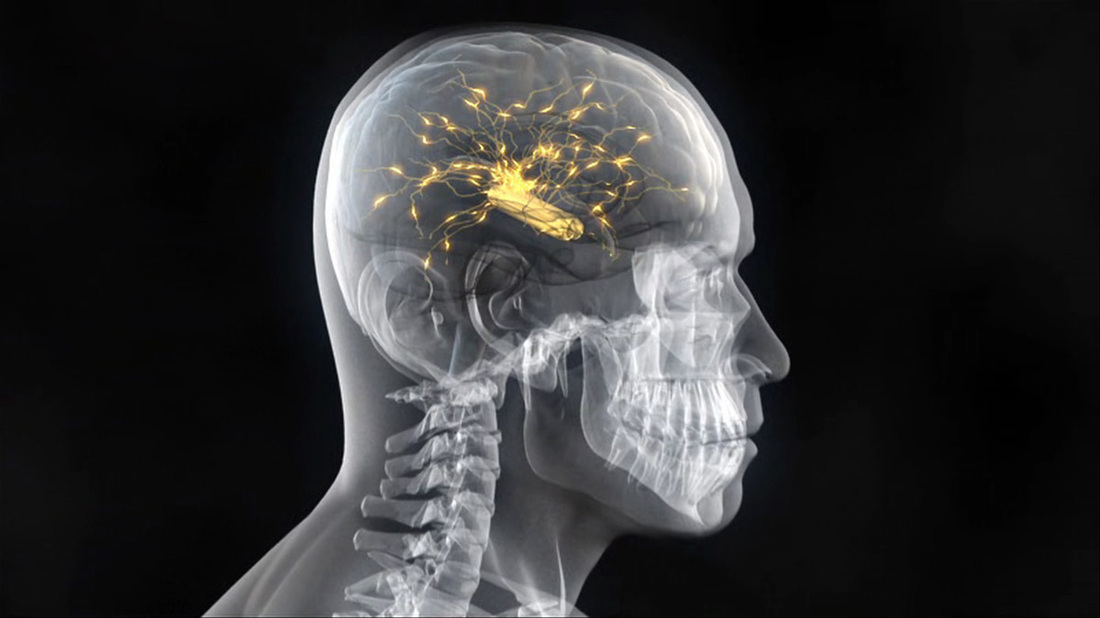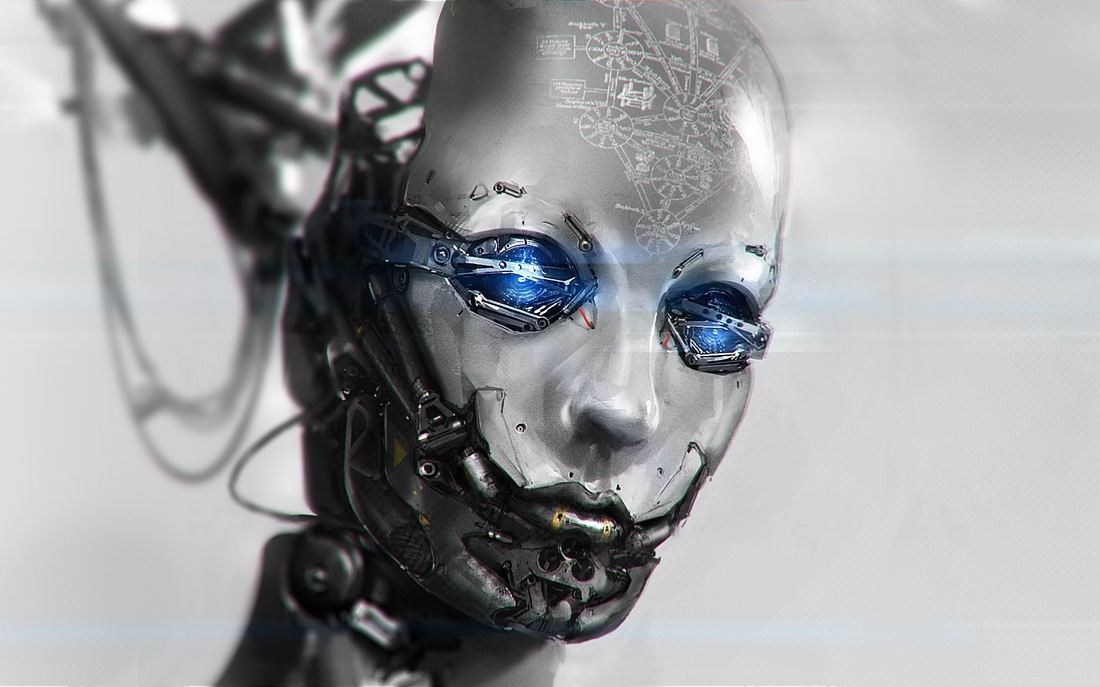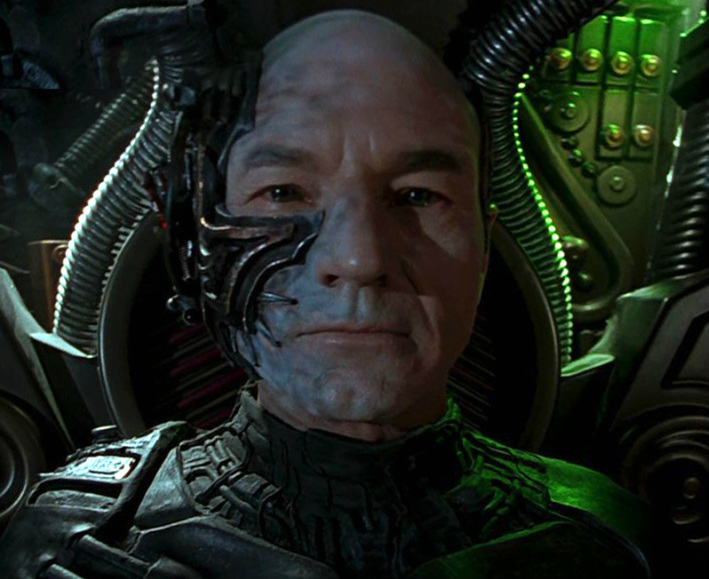First, a brief explanation of exactly what the singularity is and what it means. Simply put, the technological singularity is a proposed advancement in multiple technology fields that yield an artificial or semi-synthetic intelligence capable of creating an intelligence explosion by rebuilding, improving and replicating itself. In many versions of this theory, humanity itself merges with the intelligence, acting either as a catalyst or else using the singularity as the sole method of communication, thought, and evolution. The end result is humanity evolving beyond biological constraints, forming a symbiotic (or potentially parasitic) relationship with machines.
There is another threat to consider, though, and that is what to do if the machine interface, the artificial intelligence, decides that it would function better without us? Machines building machines, even if those machines are meant for us, still removes our hands from the equation. When you exist as a digital entity, you can’t do much to influence the physical world around you. The AI could also become malevolent, or multiple AIs could exist and, coupled with human emotions, wage war on one another. We again would have to look at Asimov’s Three Laws to ensure any type of machine interface would be beneficial to the user and those around them, incapable of causing harm. Of course, the AI could always misinterpret a threat.
At its core, though, the possibility of the technological singularity is founded on the known currents along which our research and development is traveling. If we were to do away with the need for our physical bodies and embrace a new stage of existence, whole new worlds become available to us, including a voyage into the stars. Without sickness, without death, we would be free to grow and explore, negating the factor of time as we stretch out across the galaxy. A singular collective entity, emboldened by our abilities and our intelligence, would be an amazingly powerful force in the galaxy, one which could…
A.C. Harrison is the author of "Jupiter Symphony," which does not deal with the singularity, but does deal with a really awesome second American revolution.
Like what you see here? Spread the word and support indie authors! Follow me on Facebook or Twitter. Find me on Smashwords and Kindlemojo.




 RSS Feed
RSS Feed